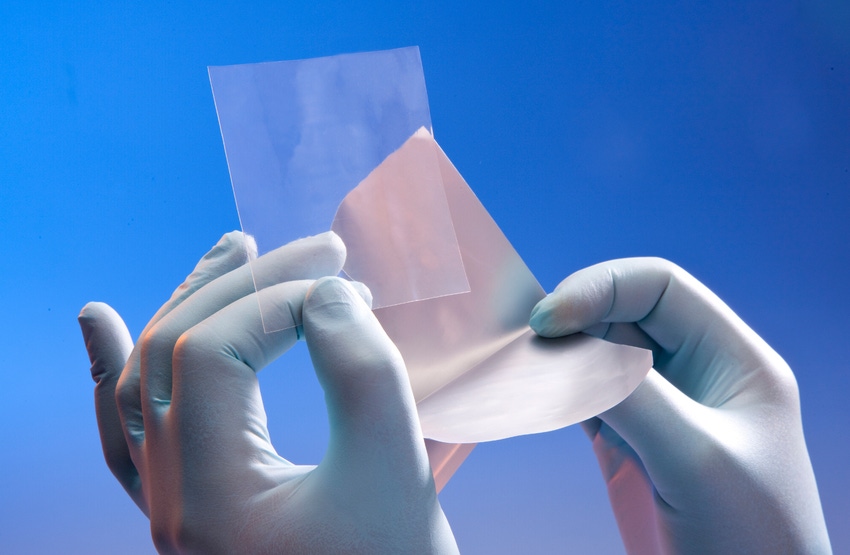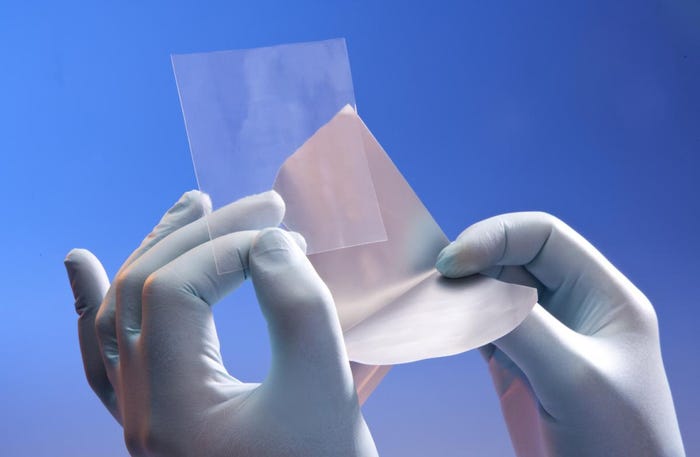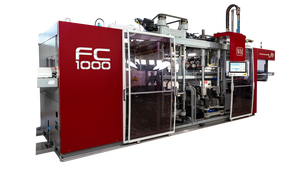A polymer membrane implant that speeds bone healing is headed soon to a human clinical trial.
March 12, 2013

A polymer membrane implant that speeds bone healing is headed soon to a human clinical trial.
A new animal study indicates that healing time is about 40% faster for the new product from a company called RegeneCure compared to current methods used to facilitate bone regeneration and healing. They
|
Implant improves healing. (RegeneCure) |
typically involve autografts, bone transplantation from the patient's body, or use of bone graft substitutes to fill the fractured gap.
"The healing time for animals treated in the participating clinical study sites with injuries that normally take from five to twelve months was in many cases reduced to just eight weeks," said Dr. Michal Limor, VP Medical Affairs of RegeneCure (Jerusalem, Israel)).
The multi-center trial was conducted at veterinary clinics in England, Germany and Israel. The study included 35 mature dogs and cats with different bone fractures including delayed healing and non-union conditions.
"The outstanding safety and efficacy results and additional data collected from pre-clinical studies, will enable us to proceed with a human clinical study in the near future," said Moshe Tzabari, CEO of RegeneCure.
The implant is a scaffold made from microporous AMCA (ammonia methacrylate copolymer type A) and a plasticizer. The surface is said to facilitate adherence of bone stem cells through a signaling mechanism called chemotaxis.
The membrane also serves as a barrier keeping scar tissue from infiltrating into the fracture and slowing down the regenerative healing process.
"This biocompatible and user friendly membrane implant is suited for a large range of acute and chronic spine and craniofacial conditions that are characterized by delayed or lack of bone healing due to bone deficit," said Tzabari.
RegeneCure licenses the the plastics medical implant technology from Yissum Research Development Company Ltd., the technology transfer company of the Hebrew University of Jerusalem, and Hadasit Medical Research Services & Development Ltd., the technology transfer company of the Hadassah University Medical Center.
The membrane implant was invented by Prof. Michael Friedman from the Institute of Drug Research at the Hebrew University of Jerusalem and Prof. Rami Mosheiff, Head of the Orthopedic Trauma Center, Hadassah Medical Center, Jerusalem.
Yissum and Hadasit will receive license fees, milestones and royalty payments
About the Author(s)
You May Also Like



